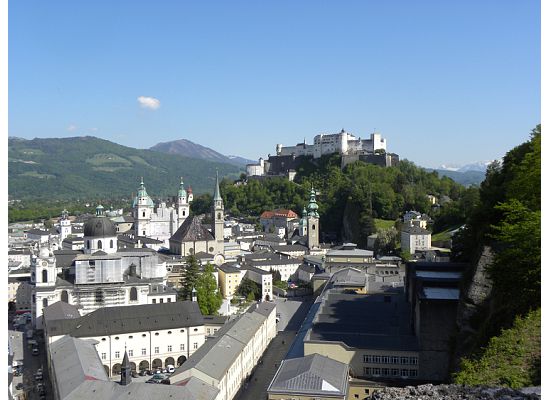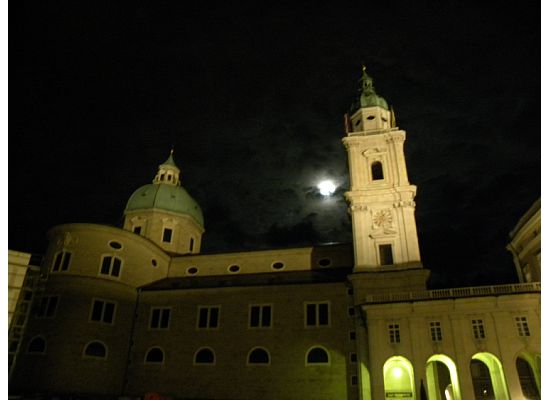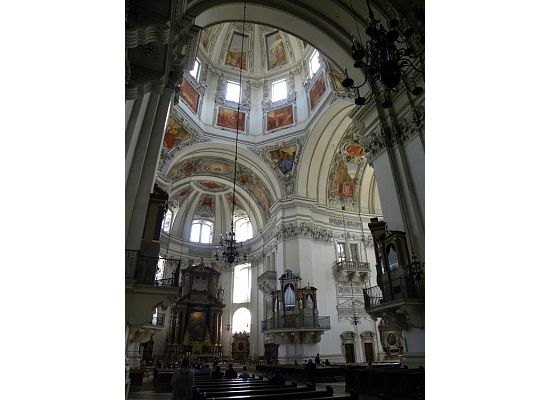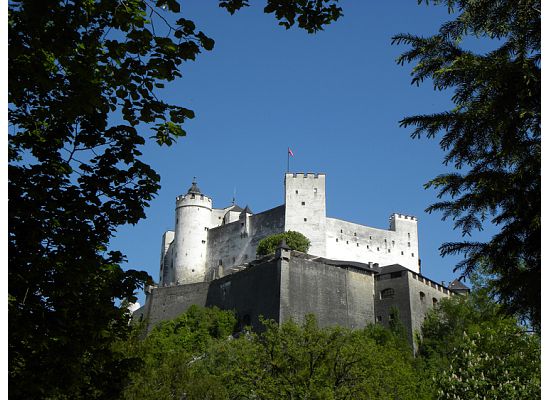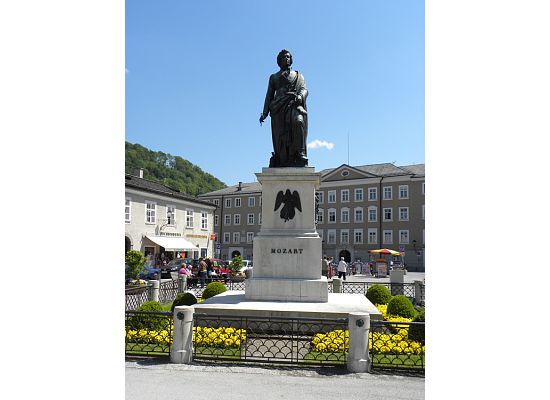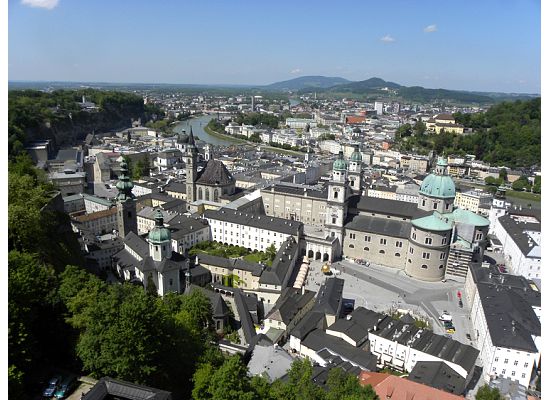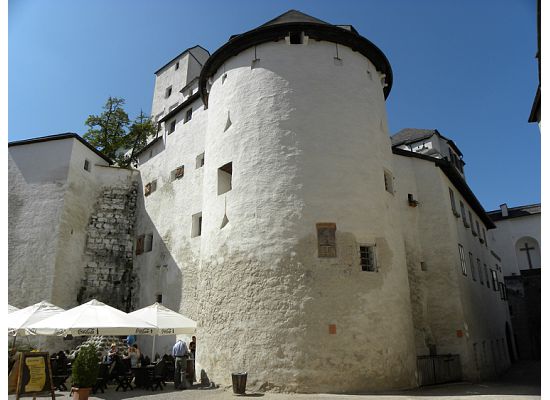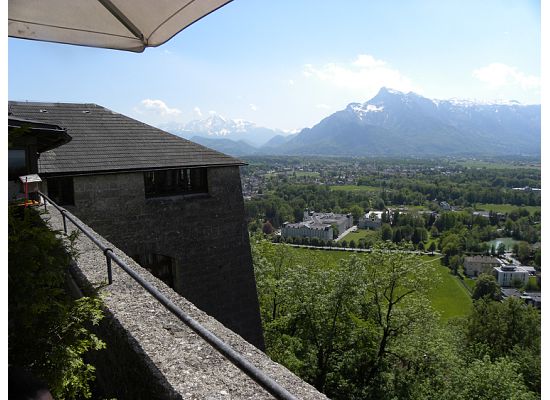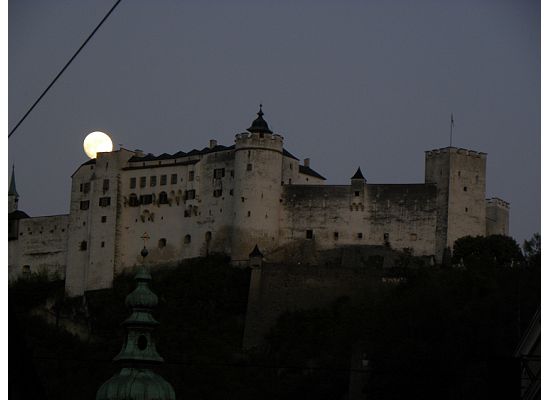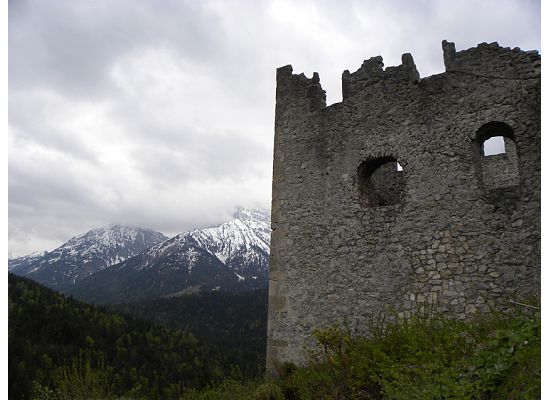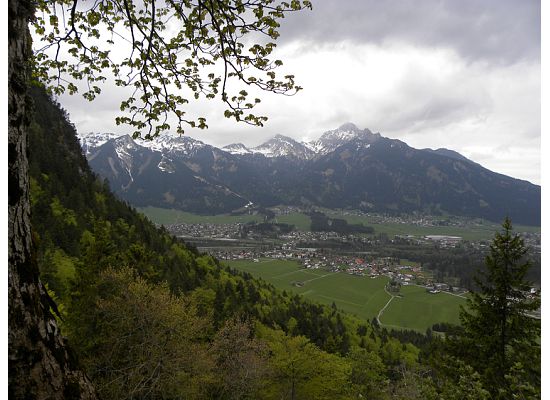Europe trip summary (2009)
Tuesday, July 7th, 2009July 7 – I’m finally getting around to a summary of our May trip to Europe.
—————————
Itinerary
Everyone asks what our favorite places were on this trip and I always have a tough time with that one because it’s like comparing apples and oranges. Lauterbrunnen and the Berner Oberland (in the Swiss Alps) were the geographical highlight, Venice was incredible culturally and architecturally and we really enjoyed the way the Italians love their food and wine (we want to come back to Italy). Bacharach is a fairy tale German town with great white wines, it was almost perfection for us.
I would go back to any of the places above. I would also go back to Regensburg (where I met up with my mom). The biggest itinerary regret that I have is that we didn’t build in a couple of days in the Berchtesgaden / Lake Kognissee area, would have loved to do some hiking there. Also wish we had spent another day in Reutte exploring the castles and hiking.
Biggest disappointments: Lucerne without a doubt. The town of Fussen was nice but the castles in nearby Hohenschwangau were overrated tourist traps.
—————————
General impressions
Lissette (who had never been to Europe prior to this) commented sometime during our travels that “Europeans have a really good quality of life”, refering to the ease of travel (trains were fabulous – more on that later), overall cleanliness and organization, the natural environment, and standards (and even pricing) of food. I’ve been to Europe many times but the last time was almost 20 years ago. I don’t know if North America has slipped or if Europe (Western Europe to be precise) has progressed at a faster rate during that time, but I had the same impression – the overall standard of living in Europe has surpassed North American standards. It just seems richer.
People: Europeans have a reputation as brusque and even unfriendly. We visited 4 countries and while we noticed general differences, we never encountered “unfriendliness”. The Italians are the easiest to like; outgoing and relaxed. I found that initial contact with Germans felt like an awkward first date at times; they don’t always smile initially or make eye contact and they can be a little short. But after the initial contact we found they warmed up and were very friendly and helpful. We got to really like the Germans. I can’t really comment on the Austrians because we didn’t spend much time there (although they go to great lengths to distinguish themselfs as Austrians and not Germans). The Swiss? Hmm… they make great chocolate and must work really hard because Swiss towns/cities die after 6pm…
Below: Public toilets can be found in most places – unlike North American public toilets they’re really clean.
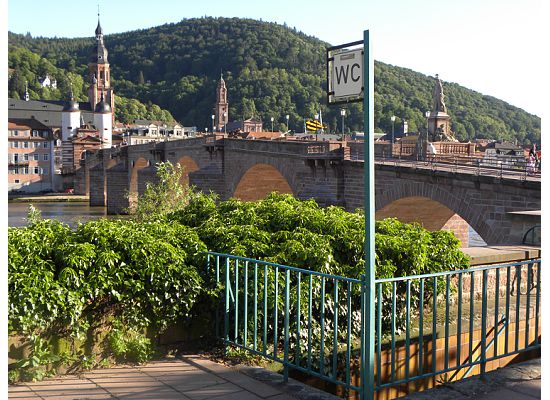
Train travel
In Montreal they’ve been talking about building a train line from downtown to the airport for the last 30 years (it’s 20 km from downtown to the airport). All levels of government point fingers at each other and in the end nothing ever gets done. I’m sure we won’t have any public transport out to the airport even 10 years from now…
In my first posting for this trip I wrote about planning train travel in Europe and the pros and cons of rail passes (I initially had my doubts that they were worth the hassle). My experience is that they are totally worth it; passes do save you money, plus you get to sit in 1st class.
For all that I had heard about train travel in Europe, I was still surprised by how comfortable and hassle free it was. Sitting there, in comfortable seats, watching the world going by was a pleasure in itself. Trains had restaurant carriages, clean toilets (I keep talking about clean toilets but you just don’t get very many clean toilets when traveling). First class seats even had electrical outlets so I could plug in my computer. Trains were on time, tracks were well identified at train stations, help was always there if required. We were just blown away by the ease and comfort of it all. I would never travel Europe by any other means.
Hotels
I researched hotels using a mix of Lonely Planet, Rick Steve’s “Best of europe 2009” Guide, and Tripadvisor.com. I pre-booked all hotels which I believe was the smartest thing to do on the whirlwind kind of trip we had. All the hotels were aesthetically fine, but we were in some cases disappointed with outside noises; the most common problem we encountered was that hotels didn’t have AC (even expensive hotels) – so we’d open the windows wide and would at some point wake up to drunks yelling loudly / dropping beer bottles or cigarette smoke wafting in…We found our hotels in Heidelberg, Munich and Venice particularly loud. Next time I would bring industrial-strength earplugs. Apart from that (oh, and I shouldn’t forget the bitchy Hotel des Alpes in Lucerne) we were pretty happy with the hotels on this trip.
Planning resources
I’ve mentioned Tripadvisor.com for hotels. Lonely Planet is good for logistical information but weak in recommendations (everything is “quaint” or “lovely” or “ideally nestled between majestic peaks” – you can read the whole guide and still not figure out where to go). I never bought a Rick Steve’s guide but gave it a shot and really like the detailed advice. He’s got some really good opinions and recommendations, not just on where to go but restaurants /hotels to stay at for unique experiences. I wish he would tone it down with all the self promotion though, you can’t go anywhere in Europe without seeing Rick Steve guides / videos, or “recommended by Rick Steve’s” posters or seeing the dedication to Rick Steve’s in the museum in Reutte (and is it just me or do you get sick of seeing pictures of him wearing those nerdy polo shirts? and the goofy haircut?). Nevertheless, I think his guides are a very good resource in planning any trip to europe.
Summary
We wouldn’t change much about the trip we had (the weather could have been a bit better in the first 2 weeks though..). The great thing about Europe is the great cultural and geographic diversity within a relatively small region (relatively as compared to North America). We met some nice people, saw beautiful places, and enjoyed lots of great wine and food.
Next: Some hikes in Quebec. Still looking for some recommendations!
http://blogs.bootsnall.com/BBQBOY/hikes-around-montreal-help-needed-please.html


























